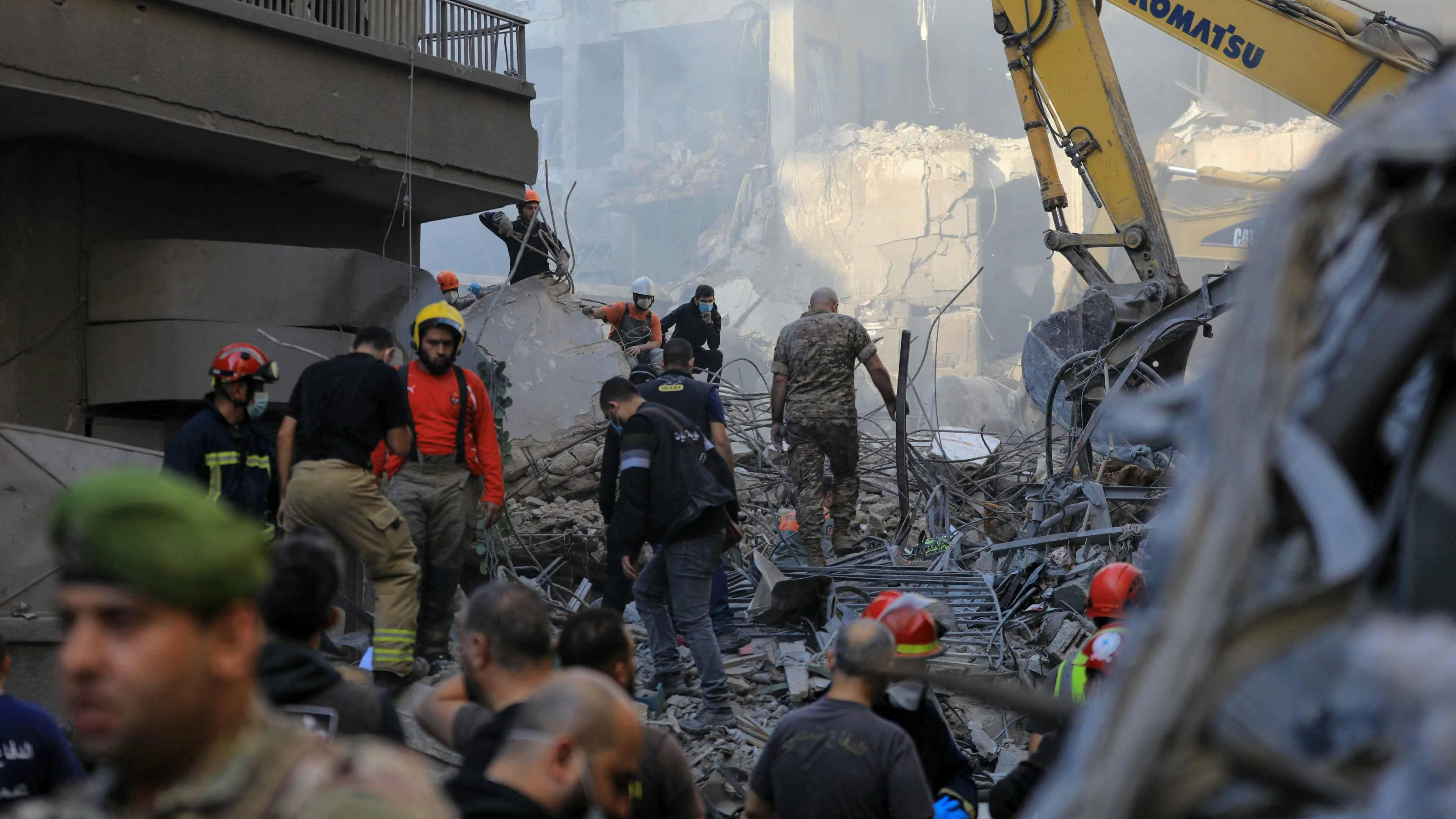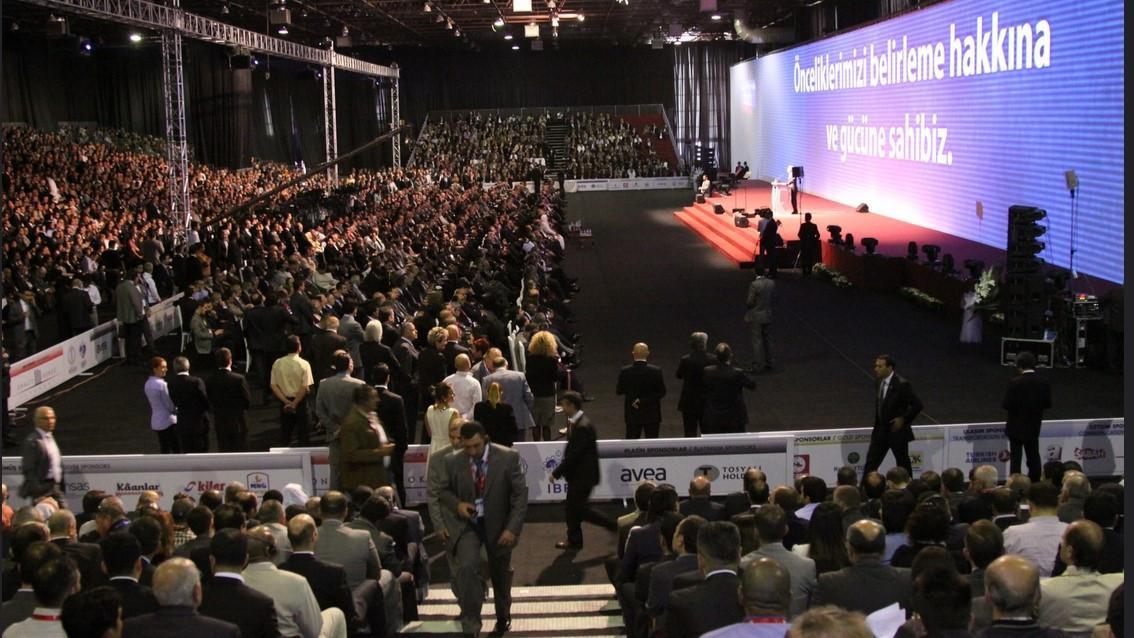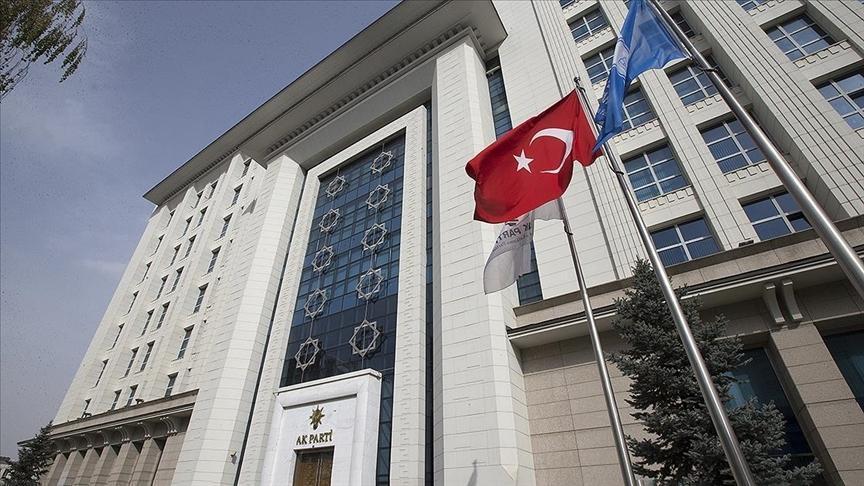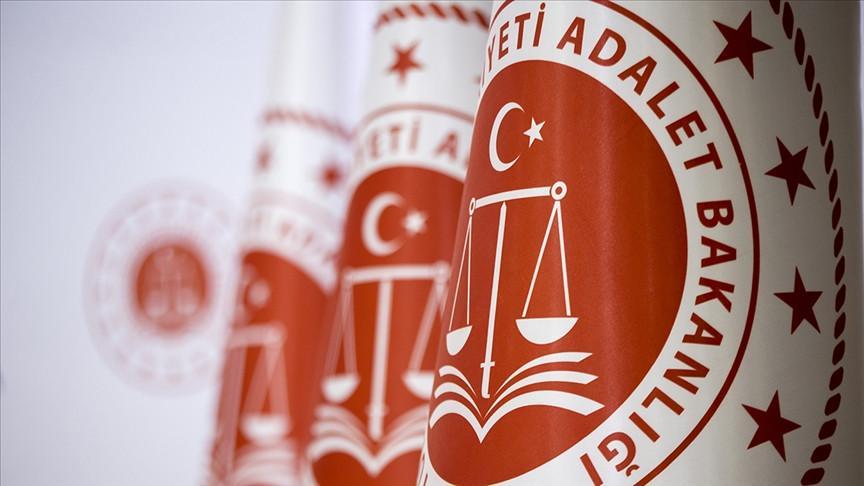If Erdoğan returns from Brussels with some hope
Turkish President Tayyip Erdoğan’s discussions in Brussels on May 25 are likely to be one of the most important series of talks in the last few years regarding Turkey’s relations with the West – particularly Europe – because of their dual nature.
The first one is the NATO summit to discuss top security problems that the Western alliance is facing, with U.S. President Donald Trump set to participate for the first time. The second one is Erdoğan’s meeting with the two top European Union officials, Jean-Claude Juncker, the president of the European Commission, and Donald Tusk, the president of the European Council, after many months of ups and downs (although mostly downs) in relations.
Erdoğan and Trump met in the White House just 10 days ago when two main problems in Turkish-U.S. relations were discussed with no solid result. One of them was the U.S. partnership with a militant group, the People’s Protection Units (YPG) against the Islamic State of Iraq and Levant (ISIL), or DEASH, in Syria. Turkey has been objecting to that because the YPG is the Syria extension of the outlawed Kurdistan Workers’ Party (PKK), which has been fighting against Turkey for decades and has been designated as a terrorist organization by the U.S. as well. American officials gave statements after the visit that were aimed at soothing Turkey, noting that their relation with the YPG was purely tactical, not strategic so that a Kurdish state could be formed in Syria. But on May 23, Turkish TV stations were broadcasting dozens of lorries transporting military material, some of it allegedly denied to American’s NATO ally Turkey to be delivered to the YPG militia; Ankara is worried that those weapons will be used against itself one day.
The second problem with the U.S. is the case of Fethullah Gülen, the Islamist preacher who lives in the U.S. and is accused of masterminding the July 15, 2016, bloody military coup attempt against the Turkish government. There is a possibility that the two will have a bilateral talk in Brussels. In that talk, Trump might open the issue of an American pastor arrested in Turkey on charges of being in contact with the Gülenist network. On the other hand, since they last talked, Trump conducted a heavy tour to visit the home of three religions: Saudi Arabia, Israel and the Vatican.
Trump will attend the NATO meetings with an agenda focusing on both religion and trade, during which there will be discussions on NATO’s contribution in the fight against terrorism, the stance in Syria and Iraq and relations with Russia. Turkey would like to see NATO take an active part in the anti-terror fight without discriminating between terrorists, i.e., by not only fighting against ISIL but against the PKK and its expansion as well.
There are other related problems. For example, because of the German attitude in exposing violations of rights claims in Turkey and not returning around 400 military personnel and their families who have sought asylum following the coup attempt, Turkey has refused to give permission to German members of parliament to visit German soldiers at the İncirlik Air Base in Adana; NATO is mediating between two of its members. There is also a Turkish blockage on Austria’s relations with NATO.
The problems between Turkey and the EU have deepened since the military coup attempt. The mass detentions, dismissals from public jobs and limitations of basic freedoms under the state of emergency declared by the Turkish government after the coup attempt and President Tayyip Erdoğan’s pledges to bring back the death penalty have escalated the tension between Ankara and Brussels.
On the other hand, Erdoğan said recently that Turkey wanted to continue and improve its relations with the EU, as long as it was done on an equal footing and promises are kept. He said the EU should extend visa-free travel to Turkish citizens and open new negotiation chapters as promised in a 2016 agreement between Turkey and the EU over control of the refugee flow into EU countries through Turkey.
The political atmosphere in Europe is not at its best to open new chapters. However, opening up the 23rd and 24th chapters on judiciary and freedoms could give back some political leverage the EU has lost on Turkey over the years. At the same time, this would improve the quality of democracy in Turkey, which is something that would benefit the EU as well. The problem is that those two chapters are currently blocked by the Greek Cypriot government.
The Brussels discussions will be important for Erdoğan in the road map he wants to draw in the next six months.
If Erdoğan returns from Brussels with some hope that there is some potential in ties with the U.S., the EU and the West in general, it will certainly have an influence – a rather positive one – on the Turkish government’s road map.











